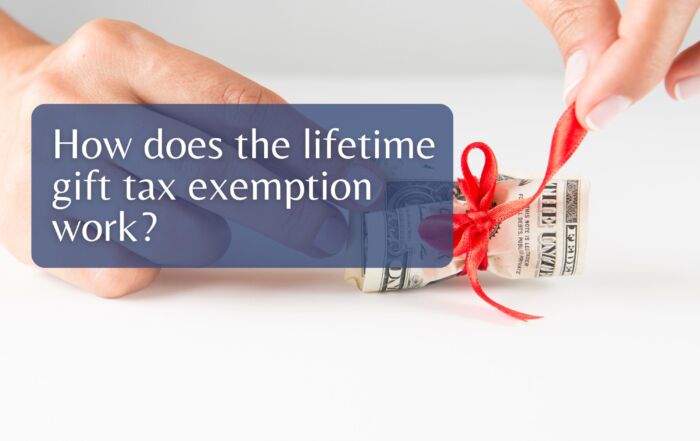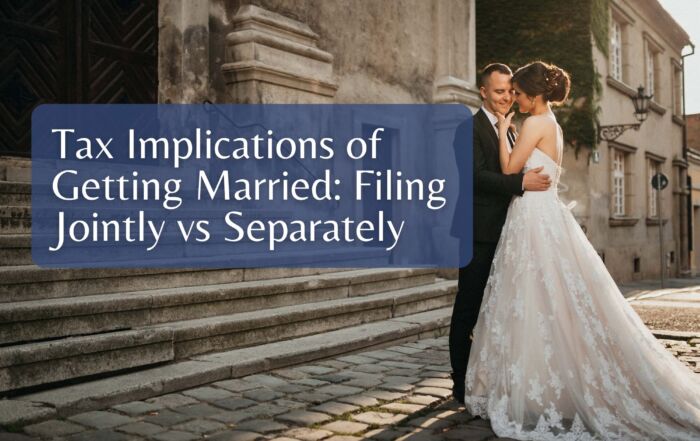
Tax Strategies to Avoid & How to Negotiate with the IRS
On this week’s episode, Casey Smith is joined by Jordan Sute, CPA from Sute CPAs to talk about tax strategies to avoid and how to negotiate with the IRS.
Listen on Apple Podcasts or watch on YouTube:
SUMMARY:
Here’s helpful info and tips about the IRS Dirty Dozen Tax Scams for 2020.
Phishing Scams
The IRS is never going to reach out to you via phone or email first. They will likely never even reach out via email. The first way they will try to contact you is via mail. The only time they will call you is if you arrange a call with them.
Fake Charities
The IRS does not recognize GoFundMe donations because GoFundMe is not a 501c3. These donations are still helpful, but IRS will not let you claim them on your tax return. Click here to see what 501c3s are tax deductible.
Threatening Impersonator Phone Calls
The IRS is not going to call you unless you have scheduled a call with them. If you receive a phone call from someone claiming to be from the IRS, never give them any personal information and simply hang up.
Social Media Scams
There is a large amount of misinformation spread via social media that causes panic. Do your research before believing everything you read.
Refund Theft
This happens more than you’d think, especially this year with stimulus payments. Be weary about who has or knows enough information to file on your behalf.
Senior Fraud
Nursing homes are claiming that they are owed stimulus money, but that money belongs to the tax payer first.
Scams Targeting Non-English Speakers
These people are often targeted because they might not be as knowledgable about laws in the United States.
Unscrupulous Return Preparers
You have to be careful with tax return preparers, especially if they are not a CPA. There are unfortunately some shady tax preparers. Always check online reviews, or do a quick Google search to look up a preparer if it is the first time you are using them.
Offer in Compromise Mills
If it sounds too good to be true, it probably is. Here is a link to a calculator on the IRS website, it will tell you if you are eligible. There are 54,000 offers in compromise submitted to the IRS, and they accepted 18,000.
Fake Payments with Repayment Demands
There are people who will file a fake return, deposit the refund into someone else’s bank account, and call that person to say that was an error on the IRS’s part. Then, they try to get you to repay that fake refund by making you do odd things, such as buy gift cards.
Payroll and HR Scams
This can be similar to the fake repayment, as it commonly has to do with getting personal information and hanging it over your head. If it sounds like a scam, it probably is.
Ransomware
What happened with the colonial pipeline is a prime example of this. They ended up having to pay a ton of money to fix the situation.
TIMESTAMPS:
1:09 Phishing Scams
2:30 Fake Charities
5:00 Threatening Impersonator Phone Calls
8:48 Social Media Scams
11:56 Refund Theft
12:40 Senior Fraud
13:40 Scams Targeting Non-English Speakers
14:10 Unscrupulous Return Preparers
16:04 Offer in Compromise Mills
17:35 Fake Payments with Repayment Demands
18:15 Payroll and HR Scams
20:59 Ransomware
24:00 Negotiating with the IRS
LINKS:
Learn more about Casey Smith and connect with him on Twitter.
Learn more about Brad Lyons.
Learn more about Matthews Barnett.
CONNECT:
Twitter, Instagram, Facebook, LinkedIn, and YouTube.
Learn more about the Wiser Wealth Management Roundtable podcast and access previous episodes.
Share This Story, Choose Your Platform!
Wiser Wealth Management, Inc (“Wiser Wealth”) is a registered investment adviser with the U.S. Securities and Exchange Commission (SEC). As a registered investment adviser, Wiser Wealth and its employees are subject to various rules, filings, and requirements. You can visit the SEC’s website here to obtain further information on our firm or investment adviser’s registration.
Wiser Wealth’s website provides general information regarding our business along with access to additional investment related information, various financial calculators, and external / third party links. Material presented on this website is believed to be from reliable sources and is meant for informational purposes only. Wiser Wealth does not endorse or accept responsibility for the content of any third-party website and is not affiliated with any third-party website or social media page. Wiser Wealth does not expressly or implicitly adopt or endorse any of the expressions, opinions or content posted by third party websites or on social media pages. While Wiser Wealth uses reasonable efforts to obtain information from sources it believes to be reliable, we make no representation that the information or opinions contained in our publications are accurate, reliable, or complete.
To the extent that you utilize any financial calculators or links in our website, you acknowledge and understand that the information provided to you should not be construed as personal investment advice from Wiser Wealth or any of its investment professionals. Advice provided by Wiser Wealth is given only within the context of our contractual agreement with the client. Wiser Wealth does not offer legal, accounting or tax advice. Consult your own attorney, accountant, and other professionals for these services.





